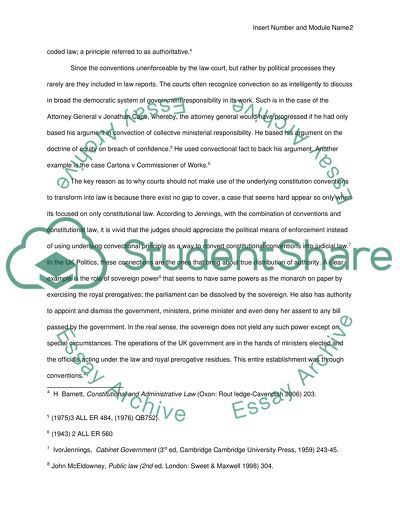Cite this document
(“'Constitutional conventions are not law but nevertheless play an Essay”, n.d.)
Retrieved from https://studentshare.org/law/1463529-ychconstitutional-conventions-are-not-law-but
Retrieved from https://studentshare.org/law/1463529-ychconstitutional-conventions-are-not-law-but
('Constitutional Conventions Are Not Law But Nevertheless Play an Essay)
https://studentshare.org/law/1463529-ychconstitutional-conventions-are-not-law-but.
https://studentshare.org/law/1463529-ychconstitutional-conventions-are-not-law-but.
“'Constitutional Conventions Are Not Law But Nevertheless Play an Essay”, n.d. https://studentshare.org/law/1463529-ychconstitutional-conventions-are-not-law-but.


